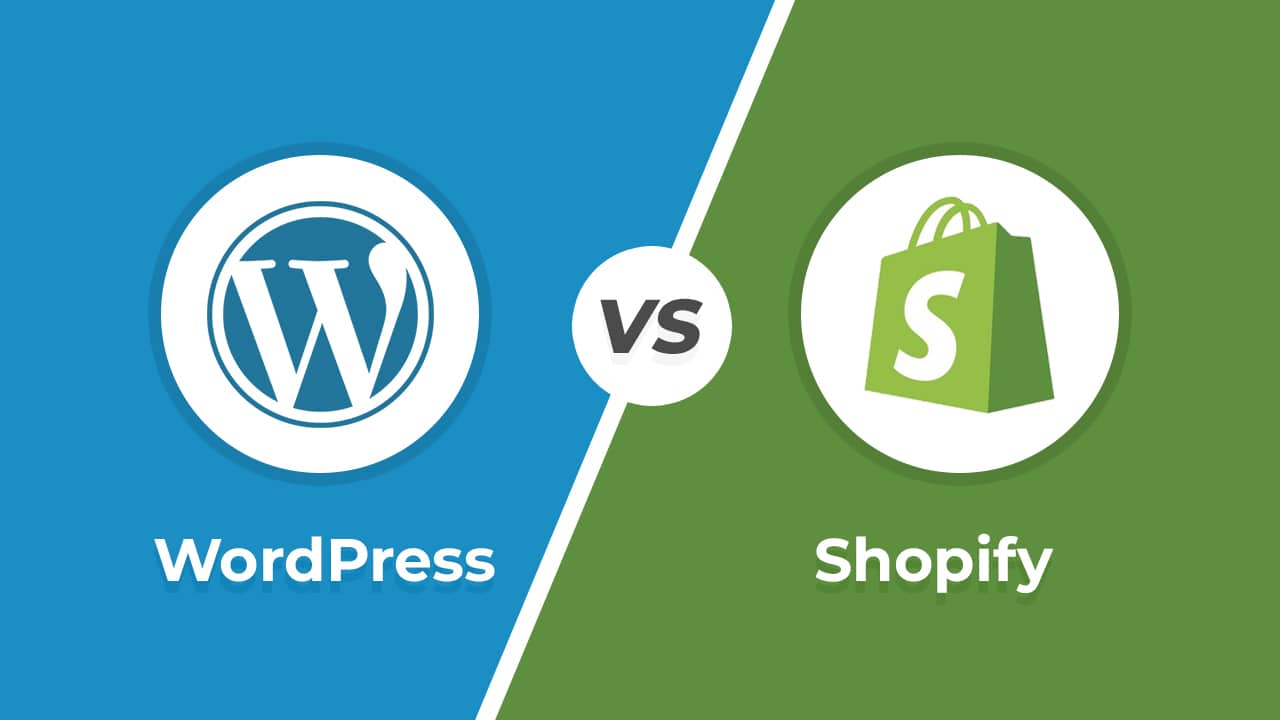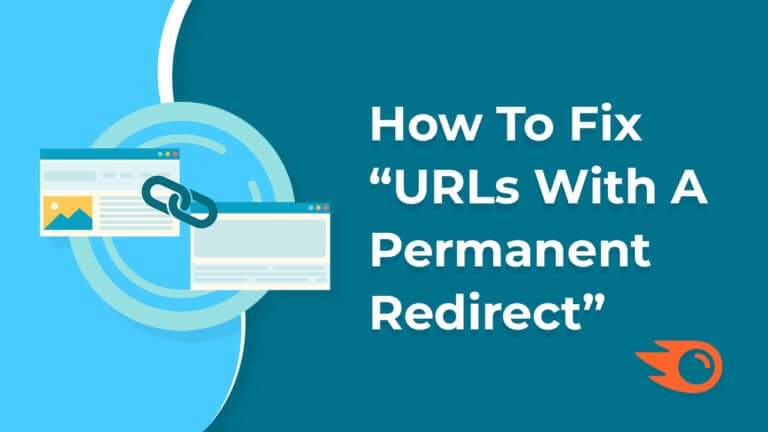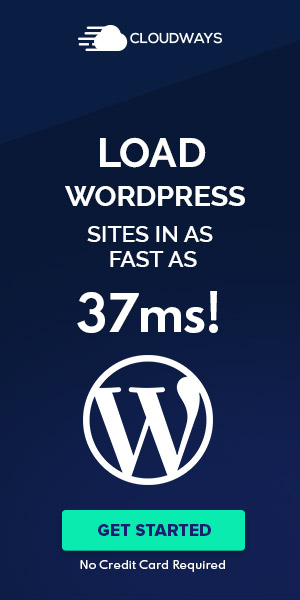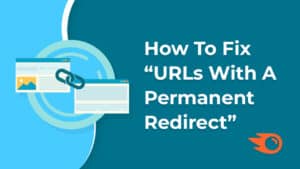Shopify and WordPress are experts in their respective fields. While there are a large number of WordPress users, Shopify is also famous for its unique eCommerce features.
Shopify is made to help people start their own online stores and it has all the tools and features an ecommerce site should have. Unlike Shopify, WordPress doesn’t come set up for ecommerce, but it is the most popular CMS nowadays and there are many plugins and themes available to achieve just about anything within the CMS.
The choice between WordPress and Shopify depends on your specific needs, technical expertise, and the nature of your online business.
Table of Contents
Shopify vs WordPress: Quick Comparison
Here’s a comparison table highlighting the key differences between Shopify and WordPress:
| Feature | Shopify | WordPress |
|---|---|---|
| Ease of Use | Easier to use, and requires little to no coding knowledge. | To get started, you must have some technical knowledge of WordPress. |
| Hosting | Self-hosted platform, so hosting is included in the subscription. | You will need to purchase web hosting, security, and a domain name yourself |
| E-commerce Focus | Built specifically for e-commerce, with robust features for online stores. | Originally a blogging platform, but versatile with plugins like WooCommerce for e-commerce functionality. |
| Customization | Limited customization compared to WordPress, but offers a range of themes and an app store for additional features. | Highly customizable with a vast ecosystem of themes and plugins, providing more control over design and functionality. |
| Costs | Subscription-based model with monthly fees. Additional costs for transactions and apps. | WordPress is free, but you’ll need to pay for hosting, domain, and premium themes/plugins. |
| Security | Shopify handles security and updates, reducing user responsibility. | For security, you will have to keep your WP site up-to-date and take regular backups. |
| Content Management | Designed primarily for e-commerce. Content management capabilities are not as robust as WordPress. | There are many page builders available to improve readability and user experience. |
| Scalability | Scales well with growing businesses. Can handle high traffic. | Scalable, but requires more manual optimization for high traffic and may depend on hosting capabilities. |
| SEO | Good SEO features, but customization is somewhat limited compared to WordPress. | Provides more control over SEO settings and optimizations. |
| Community Support | Shopify has stronger support options with extensive documentation. | Large and active community with numerous forums, tutorials, and resources. |
| Ownership | Limited ownership as it’s a hosted solution. | Complete ownership and control over website and data. |
| Best Use Case | Ideal for those focused on e-commerce and want an easy setup. | Suitable for a wide range of websites, especially content-heavy sites, blogs, and publications. |
Shopify vs WordPress: Pros and Cons
Shopify Pros
- Beginner-friendly, User-friendly interface for managing products, orders, and settings.
- Built specifically for online stores with robust e-commerce features.
- Fully hosted platform, No need to manage hosting and server.
- Inbuilt powerful security features, No worries from security point of view.
- Capable of handling high traffic and sales volumes.
Shopify Cons
- Limited FREE trial period, Need to make a payment thereafter.
- Subscription-based model with monthly fees. Additional costs for transactions and some apps.
- Limited customization compared to WordPress.
- While capable, content management features are not as robust as WordPress.
WordPress Pros
- Open Source platform, FREE for everyone. Just need to setup and start, No need to make any payment for the CMS.
- Highly customizable with a vast ecosystem of themes and plugins.
- Robust content management system, originally designed for blogging.
- Provides more control over SEO settings and optimizations.
- Ability to choose hosting providers and server configurations.
WordPress Cons
- Need some basic technical knowledge to start.
- WordPress framework is based on old PHP technology.
- Requires regular maintenance from the security perspective. There are more chances of the site getting hacked.
- While possible with plugins like WooCommerce, e-commerce setup may not be as straightforward as on Shopify.
Final Thought
Ultimately, the best choice depends on your specific goals and requirements. Both platforms have their strengths, so consider factors like your technical comfort, budget, and the type of website you aim to build when making your decision.





